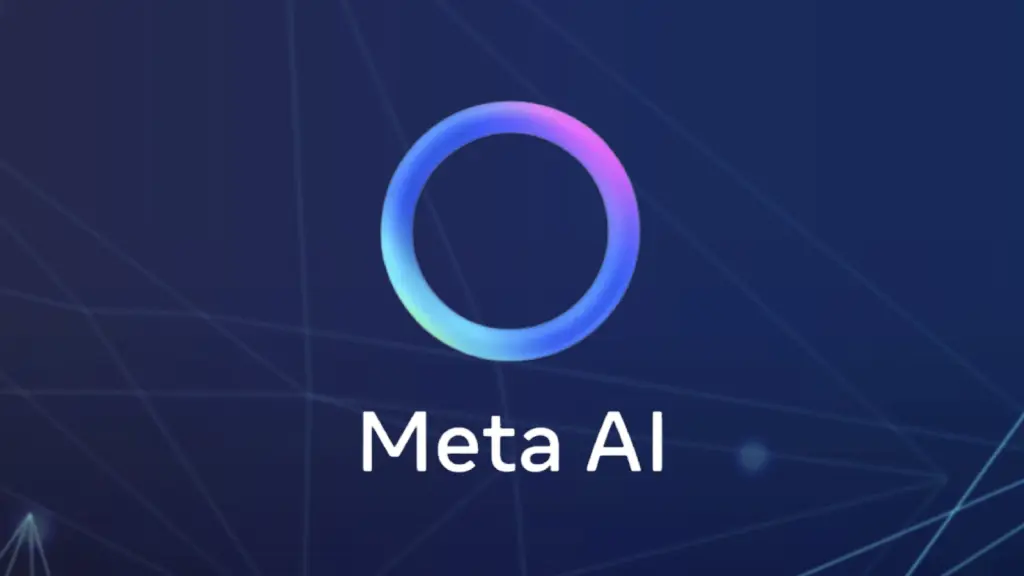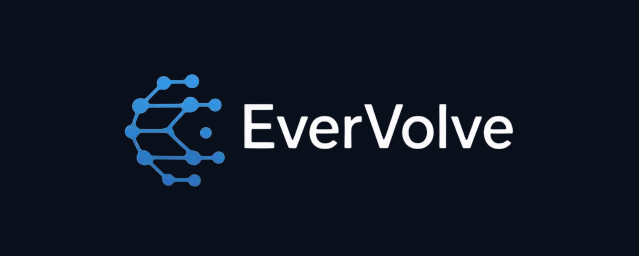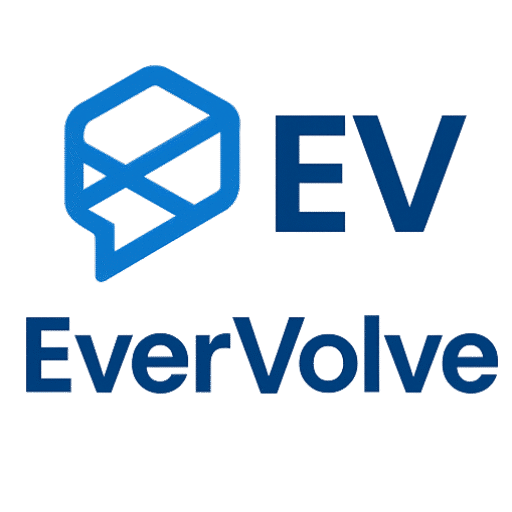Meta AI’s Troublesome Scale AI Partnership: Challenges and Industry Impact

In 2025, Meta made headlines with a staggering $14.3 billion investment in Scale AI, a data-labeling startup critical to advancing Meta’s ambitions in artificial intelligence superintelligence. However, just months into this high-profile partnership, cracks have visibly surfaced, threatening the strategic alliance meant to accelerate Meta’s AI capabilities.
Meta’s bold move brought Alexandr Wang, Scale AI’s CEO, and key executives into Meta’s newly formed Meta Superintelligence Labs (MSL), signaling a deep integration of Scale AI’s data services into its AI development pipeline. Yet, the partnership has been strained by multiple factors. Notably, Ruben Mayer, Scale AI’s former Senior Vice President of GenAI Product and Operations, left Meta after only two months. Mayer, who oversaw AI data operations, was not integrated into TBD Labs—the core Meta unit responsible for building advanced AI models—raising questions about internal alignment and operational cohesion within Meta AI.
Ad Content
Central to the growing tension are concerns over data quality. Researchers in TBD Labs reportedly view Scale AI’s data as subpar, preferring data from competitors like Surge AI and Mercor. Scale AI historically utilized a crowdsourcing model reliant on a large, low-cost workforce for basic data annotation, a method increasingly seen as inadequate for today’s sophisticated AI requirements that demand expert-annotated datasets from specialized professionals including doctors and scientists. This quality gap has prompted Meta to diversify its data sources despite its massive investment, actively working with rivals to secure higher-quality training data. Such a move is unusual given the size of Meta’s financial commitment to Scale AI, signaling deeper issues than mere operational hiccups.
The Meta-Scale AI deal has also disrupted the broader AI ecosystem. Key Scale AI clients such as Google, OpenAI, and Microsoft reacted by ending or scaling back their partnerships with Scale AI, concerned about data security, privacy, and competitive risks due to Meta’s influence over a major data-labeling vendor. Google’s decisive suspension of major data-labeling initiatives with Scale AI underscored the heightened sensitivity around vendor neutrality in AI developments. These developments have led to market fragmentation in the AI infrastructure space, with enterprises reevaluating their vendor relationships to safeguard confidentiality and operational independence.
Internally, Meta faces talent acquisition and retention challenges within its AI divisions. Reports indicate dissatisfaction among new hires from Scale AI and other AI startups about Meta’s organizational structure and bureaucracy. Some key AI researchers have left, indicating potential cultural and strategic misalignment within Meta’s AI teams. To mitigate risks and accelerate progress, Meta is reportedly open to collaborating with competitors, including discussions about using Google and OpenAI’s models for its applications, showing pragmatism in the face of internal delays.
The Scale AI investment also triggered operational changes within Scale AI itself—a 14% workforce reduction was reported, reflecting restructuring post-investment that could affect service continuity and quality. Meanwhile, industry experts predict that Meta’s move will catalyze further consolidation and competition among AI infrastructure providers, fostering innovation but also intensifying talent wars and raising regulatory scrutiny over data vendor relationships.
Meta’s high-stakes partnership with Scale AI has encountered significant hurdles: executive turnover, dissatisfaction with data quality, competitive client reactions, and internal talent challenges. Meta’s need to rely on multiple data vendors and consider partnerships with rival AI model developers illustrates the complex landscape of AI development today, where collaboration and competition intertwine. This evolving scenario highlights the intricacies and vulnerabilities of AI alliances, particularly when substantial investments and strategic ambitions collide with operational realities and market dynamics.
This turbulent chapter for Meta AI underscores that success in artificial intelligence demands not only technological innovation but also high-quality data, strategic alignment, and ecosystem trust—elements that remain challenging to achieve even for the tech giants.
Enjoyed this post?
Subscribe to Evervolve weekly for curated startup signals.
Join Now →







